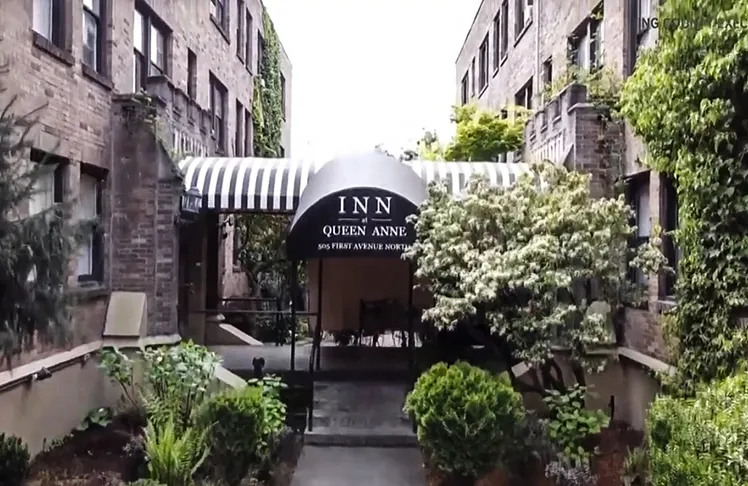
King County’s Department of Community & Human Services (DCHS) has released its 2024 data highlighting the achievements of the Health Through Housing initiative, which offers permanent supportive and emergency housing for individuals transitioning out of homelessness. DCHS noted significant improvements in housing stability and health outcomes for residents participating in the program.
A key aim of the initiative is to ensure equitable access to permanent supportive housing, facilitated through the careful selection of community partners. Current collaborators include the Chief Seattle Club, Lavender Rights Project, Downtown Emergency Service Center (DESC), the Urban League, and Catholic Community Services.
Launched in 2020 by County Executive Dow Constantine, the Health Through Housing initiative sought to capitalize on affordable real estate during the COVID-19 pandemic. The program focuses on acquiring former hotels and other suitable buildings to convert into single-unit housing, thus saving both time and costs by avoiding new construction. The initiative officially began in 2021 with the implementation of a 0.1% sales tax in King County, generating approximately $70 million annually. The King County Council allocated these funds specifically for the purchase and conversion of properties into emergency and permanent supportive housing, as well as for providing onsite services.
Initially aiming to create 1,600 housing units, the program has successfully secured 1,434 units by the end of 2024, representing a 41% increase in the number of individuals served compared to 2023. The units are distributed across 17 locations in seven cities: Auburn, Burien, Federal Way, Kirkland, Redmond, Renton, and Seattle, with plans to open three additional buildings in the coming year. In addition to permanent supportive housing, the initiative also provides emergency housing units, which lack kitchen facilities. Individuals accepting emergency housing do not need to sign a lease and can retain their homeless status, allowing them to remain eligible for other permanent supportive housing options that may become available while continuing to stay in emergency accommodations.
The program offers a wide range of supportive services beyond housing, including 24/7 staffing, case management, transportation and food assistance, employment resources, and community events. Residents are eligible for free ORCA transit cards, and participation in public transportation significantly increased throughout 2024. Furthermore, the buildings provide complimentary laundry services.
Eligibility for the program requires residents to have a disability, behavioral health condition, or chronic illness, highlighting the critical need for accessible healthcare. On-site healthcare services, including mental health support and substance use treatment, vary by property, and residents receive transportation assistance for important off-site medical appointments. Data indicates that 95% of residents in permanent supportive housing remained housed over the course of one year, compared to only 58% of those in emergency housing.
The 2024 Point-in-Time Count in King County revealed a troubling trend, with the number of unhoused individuals rising by 26% between 2022 and 2024. On any given night in 2024, 16,868 people were reported as homeless in the county.
Grounded in the principles of the Housing First philosophy, the Health Through Housing initiative has shown promising results that reinforce this approach. Housing First programs prioritize securing stable housing for homeless individuals as a first step, without requiring them to address issues such as behavioral health or substance use beforehand. This approach is based on the premise that services and treatment are more effective when individuals can choose them rather than being compelled. The number of Medicaid enrollees increased by only 7%, as many participants had already registered for Medicaid prior to moving into Health Through Housing facilities.



